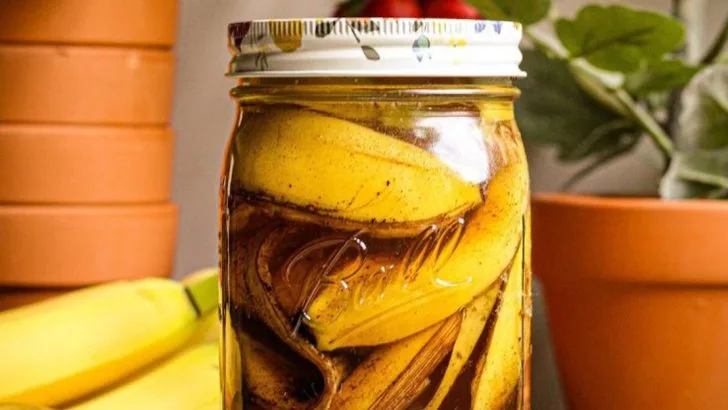Great gardening doesn’t have to cost a dime. Some of the most effective fixes come from using what you already have—a shift in routine, a repurposed object, or a new way of seeing a problem. These solutions are clever, quick, and best of all, completely free.
Whether your plants are drooping, your soil’s compacted, or your layout feels off, chances are there’s a simple trick that doesn’t involve a trip to the store. These ideas are about working smarter, not harder, with zero budget pressure.
In this article, we’ll show you 15 no-cost garden fixes that solve real problems—from pest issues to drainage—using just your time, creativity, and a little know-how. Because sometimes, the best tools are already in your hands.
Eggshell Pest Deterrent
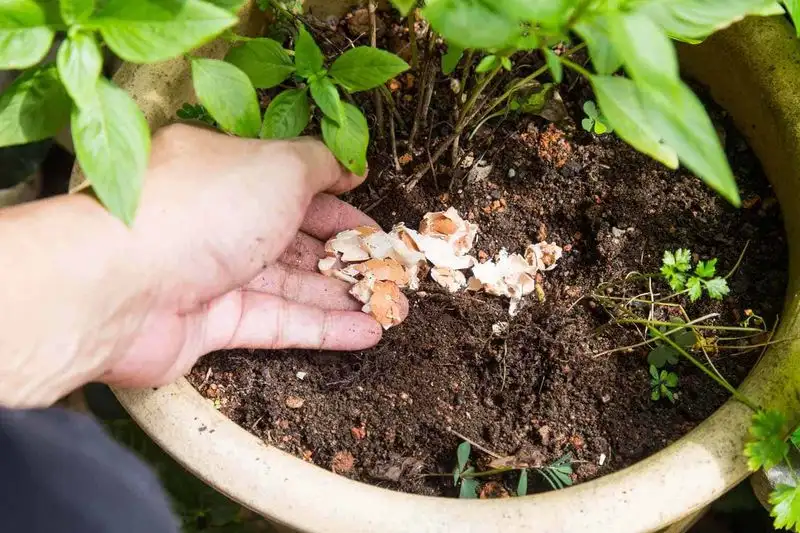
Ever thought of using breakfast leftovers in the garden? Crushed eggshells can provide a simple solution to deter pests like slugs and snails. The sharp edges of the shells discourage these critters from crossing over to nibble on your plants. Their natural calcium content also enriches the soil as they break down. Collect eggshells, rinse them, and crush them into small bits before spreading around the base of your plants. A practical recycling tip that turns kitchen waste into garden gold. Watch your plants thrive without the need for harsh chemicals or expensive products.
Coffee Grounds for Fertilizer
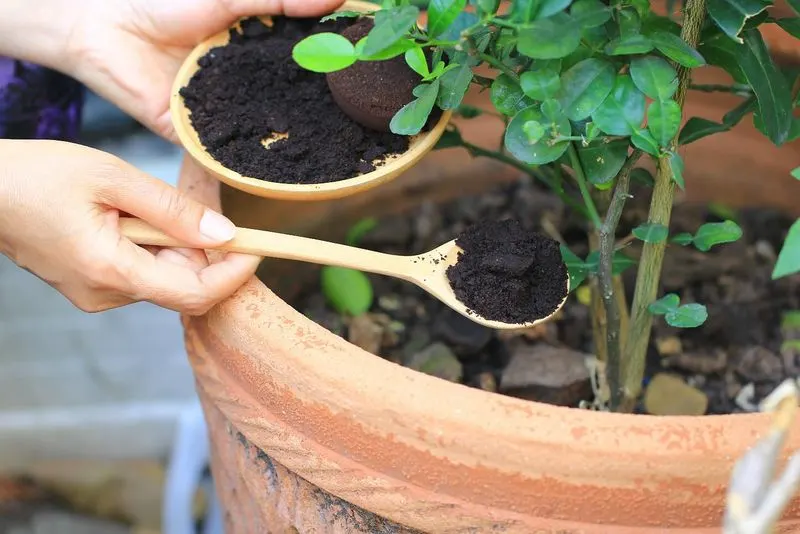
How often do you toss out those coffee grounds without a second thought? They can actually be a gardener’s friend. Rich in nitrogen, coffee grounds enrich the soil, especially for acid-loving plants like roses and azaleas. Simply scatter them around your plants or add them to your compost pile. Besides boosting soil nutrients, they help improve drainage and soil structure. With this aromatic fix, enjoy not just your morning brew, but a flourishing garden as well. It’s a win-win for coffee enthusiasts and garden lovers alike, creating an eco-friendly cycle.
Banana Peel Nutrient Boost

Tossing banana peels might be a missed opportunity for your garden. Loaded with potassium, they provide essential nutrients for robust plant growth. Bury peels near the base of plants like tomatoes and watch them flourish. As they decompose, they release vital nutrients into the soil, promoting healthy flowering and fruiting. It’s a natural, cost-free way to boost your garden’s productivity. This nutrient-rich waste not only reduces landfill but enriches your garden. An effortless way to feed your plants and feel good about reducing waste.
Vinegar Herbicide Solution
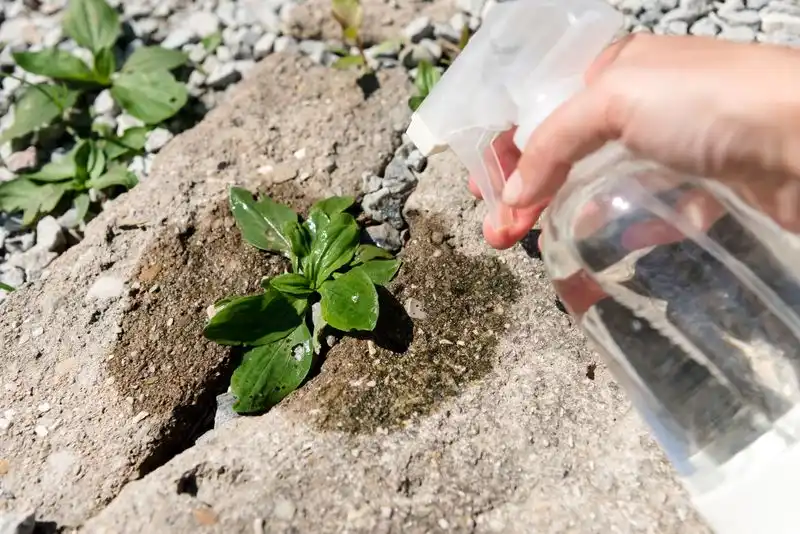
A splash of vinegar might be all you need to tackle those stubborn weeds. This common household ingredient acts as a natural herbicide. Simply fill a spray bottle with white vinegar and apply directly to the leaves of unwanted plants. The acetic acid in vinegar draws moisture out, effectively killing weeds without harming the environment. This solution is especially useful in paths and patios where traditional weeding is tedious. Keep in mind, it’s non-selective, so aim carefully to protect your cherished plants. Garden maintenance made easy and eco-friendly.
Compost Tea
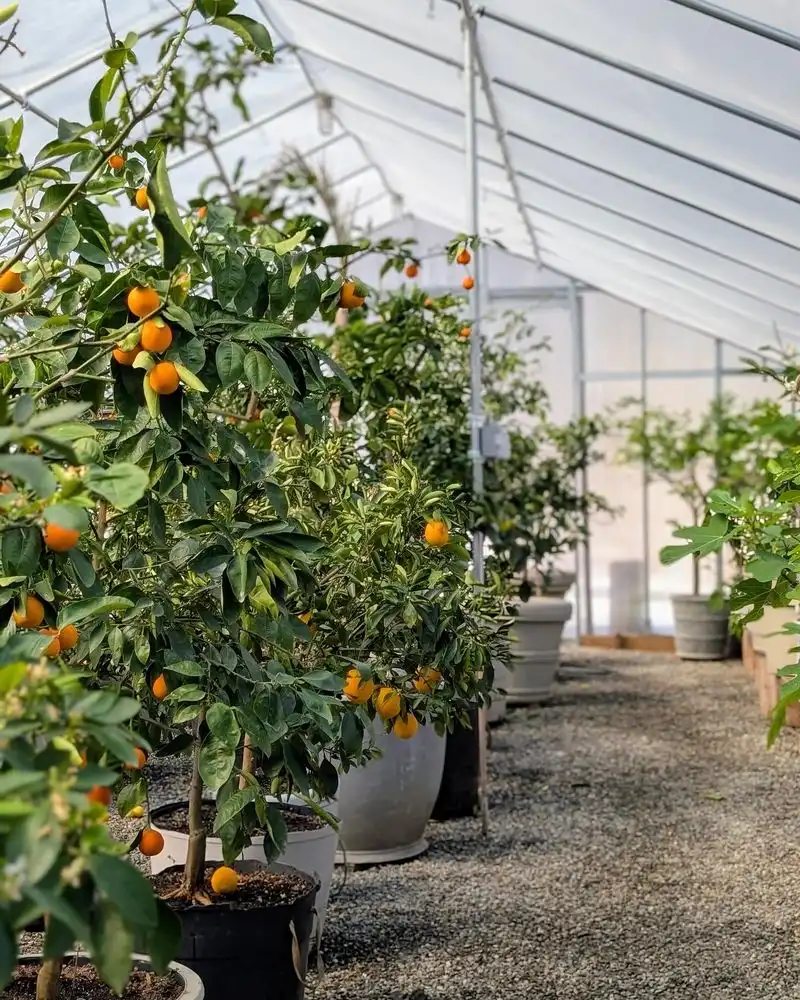
Ever heard of brewing tea for your plants? Compost tea is a nutrient-rich liquid made from steeping compost in water. This magical elixir provides plants with beneficial microbes and nutrients, enhancing growth and vitality. Simply fill a container with compost, add water, and let it steep for a few days. Strain and use it to water your garden, giving your plants an organic boost. It’s a sustainable and zero-cost way to enhance soil health. Your plants will thank you with lush blooms and bountiful yields, all from kitchen scraps.
Newspaper Mulching
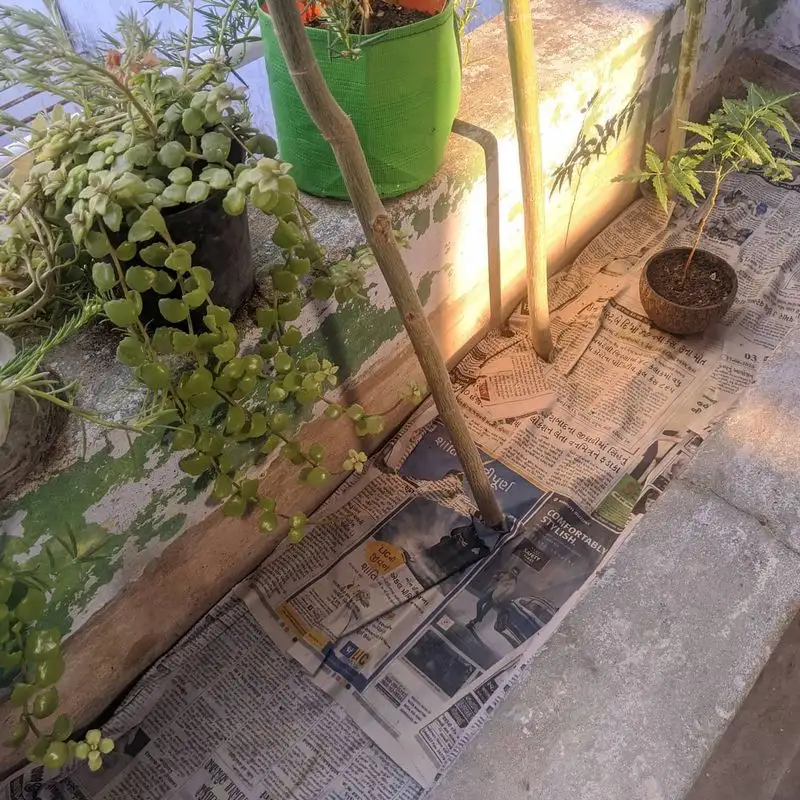
Old newspapers can find a second life as garden mulch. Lay them down around your plants and cover with a layer of organic matter like straw or leaves. This technique suppresses weeds, retains moisture, and eventually breaks down to enrich the soil. It’s a fantastic way to recycle, providing a protective barrier that benefits both the garden and the environment. Perfect for vegetable gardens where maintaining moisture is crucial. Those papers piling up at home can transform into a valuable resource, supporting sustainable gardening practices.
Epsom Salt Plant Reviver
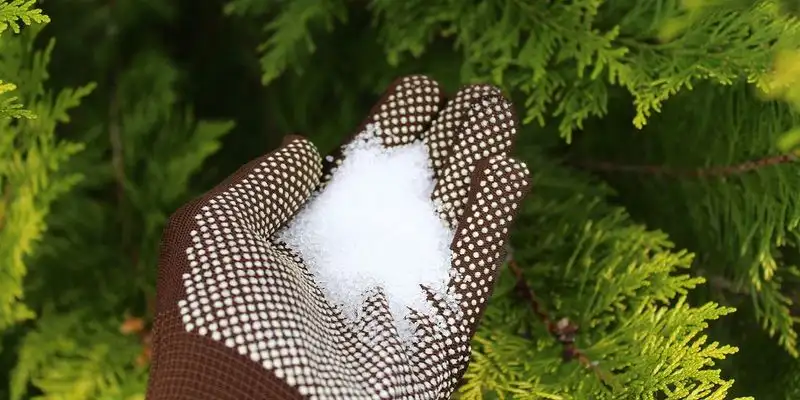
Epsom salt isn’t just for soothing baths. It’s a gardener’s secret for reviving tired plants. Rich in magnesium and sulfate, it encourages blooming and strengthens root systems. Dissolve a tablespoon in a gallon of water and use it to water plants like roses and peppers. You’ll notice increased vigor and vibrant blooms. It’s an accessible, zero-cost solution for enhancing plant health. By harnessing the power of this common household item, you’ll witness your garden flourish without purchasing specialized fertilizers.
Diatomaceous Earth Pest Control
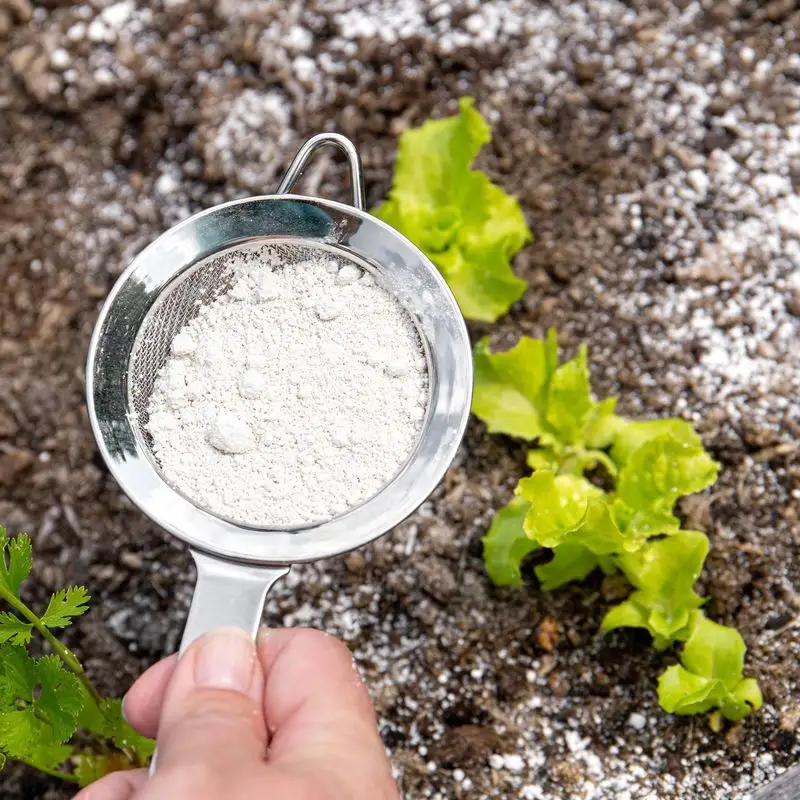
This powdery substance might be your garden’s new best friend. Diatomaceous earth, made from fossilized algae, provides a non-toxic way to combat pests. Simply dust it over your plants, and it works by dehydrating insects like aphids and beetles. Safe for humans and pets, yet deadly for insects, it’s a simple, cost-free method to protect your garden. With its ability to target a variety of common garden pests, it’s a versatile tool in organic gardening. Embrace this natural pest solution for a healthier garden environment.
Grass Clippings for Mulch
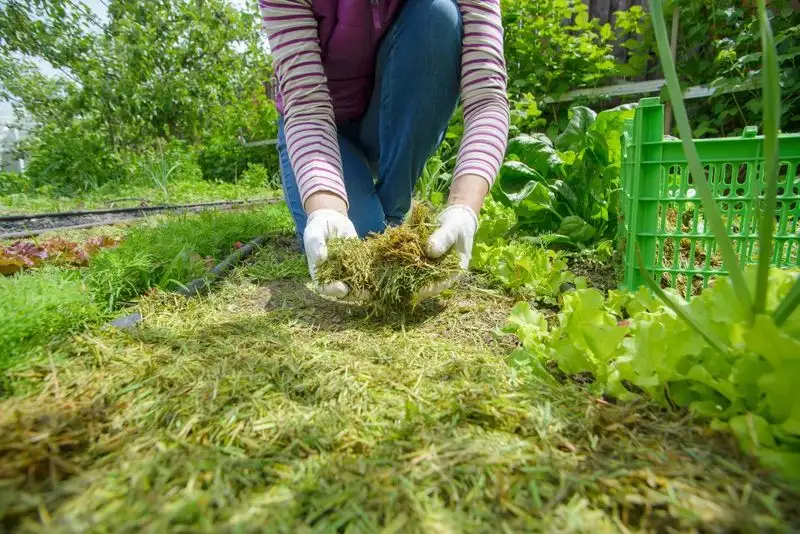
After mowing the lawn, consider saving those grass clippings. They make an excellent mulch, providing a natural cover that helps retain moisture and suppress weeds. As they decompose, they release nitrogen, enriching the soil. Simply layer them around your plants to create a sustainable, zero-cost solution. This practice supports soil health while reducing the need for store-bought mulch. It’s an easy and effective way to recycle garden waste. Your plants will benefit from the added nutrients and protection, all from what might have been discarded.
Rainwater Collection
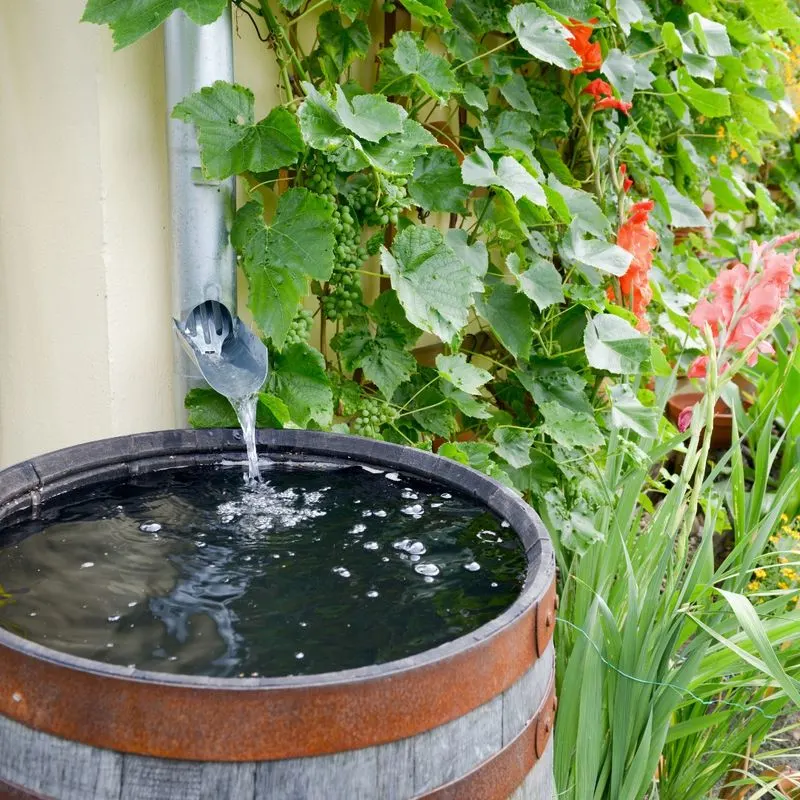
Turning rain into a resource is a smart and sustainable gardening practice. Setting up a rain barrel to collect water from your roof provides a free water source for your garden. This not only conserves water but also reduces utility costs. Use the collected rain to water your plants, ensuring they receive the natural hydration they need. It’s an eco-friendly approach that benefits both your wallet and the environment. Embrace this method to make the most of what nature freely offers. Your garden will flourish with minimal expense.
Seed Saving
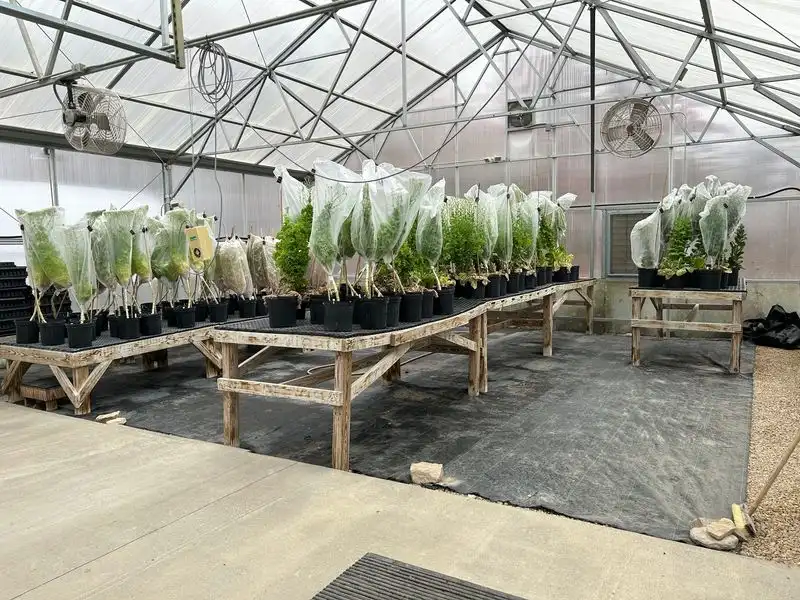
Gardeners can become their own seed suppliers with a little forethought. Collecting seeds from your plants ensures a continuous supply without spending a dime. After plants flower and go to seed, collect and dry them for next season’s planting. This practice not only saves money but preserves plant varieties you love. Seed saving promotes biodiversity and self-sufficiency. By harvesting what your garden already produces, you cultivate a sustainable gardening cycle. Each saved seed represents potential future growth, making gardening even more rewarding.
Citrus Peel Cat Deterrent
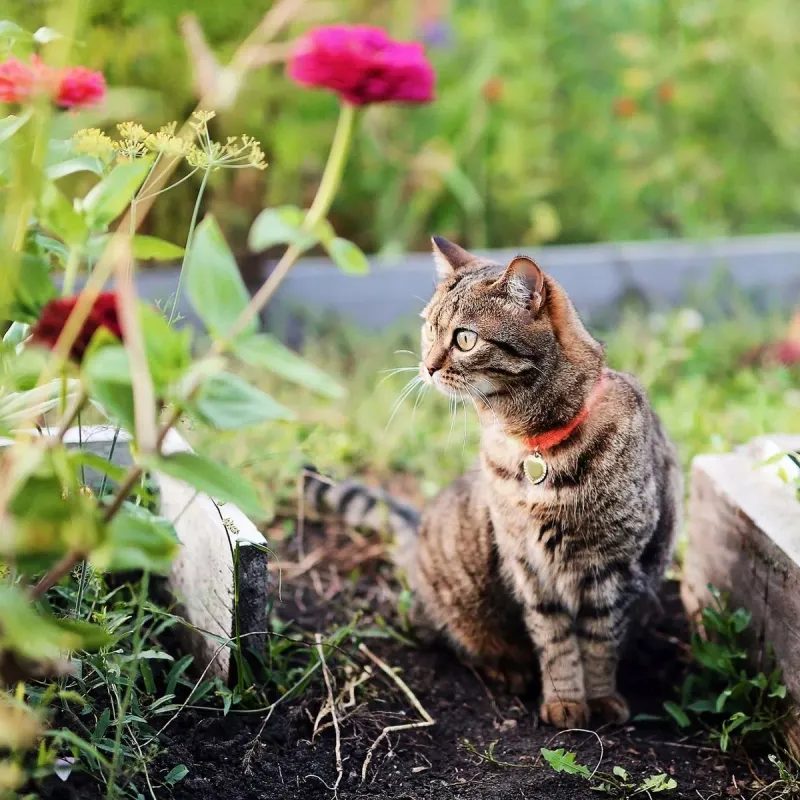
Feline visitors might love your garden, but not everyone appreciates their presence. Citrus peels can help keep them at bay. Cats dislike the strong scent, making citrus peels an effective deterrent. Simply scatter them around areas you want to protect. Fresh or dried peels both work wonders in keeping these furry friends out of garden beds. It’s a pleasant-smelling, natural solution for keeping your garden cat-free. Enjoy your outdoor space without unwanted digging or plant damage. A simple, aromatic fix that respects both nature and animal lovers.
DIY Plant Stakes
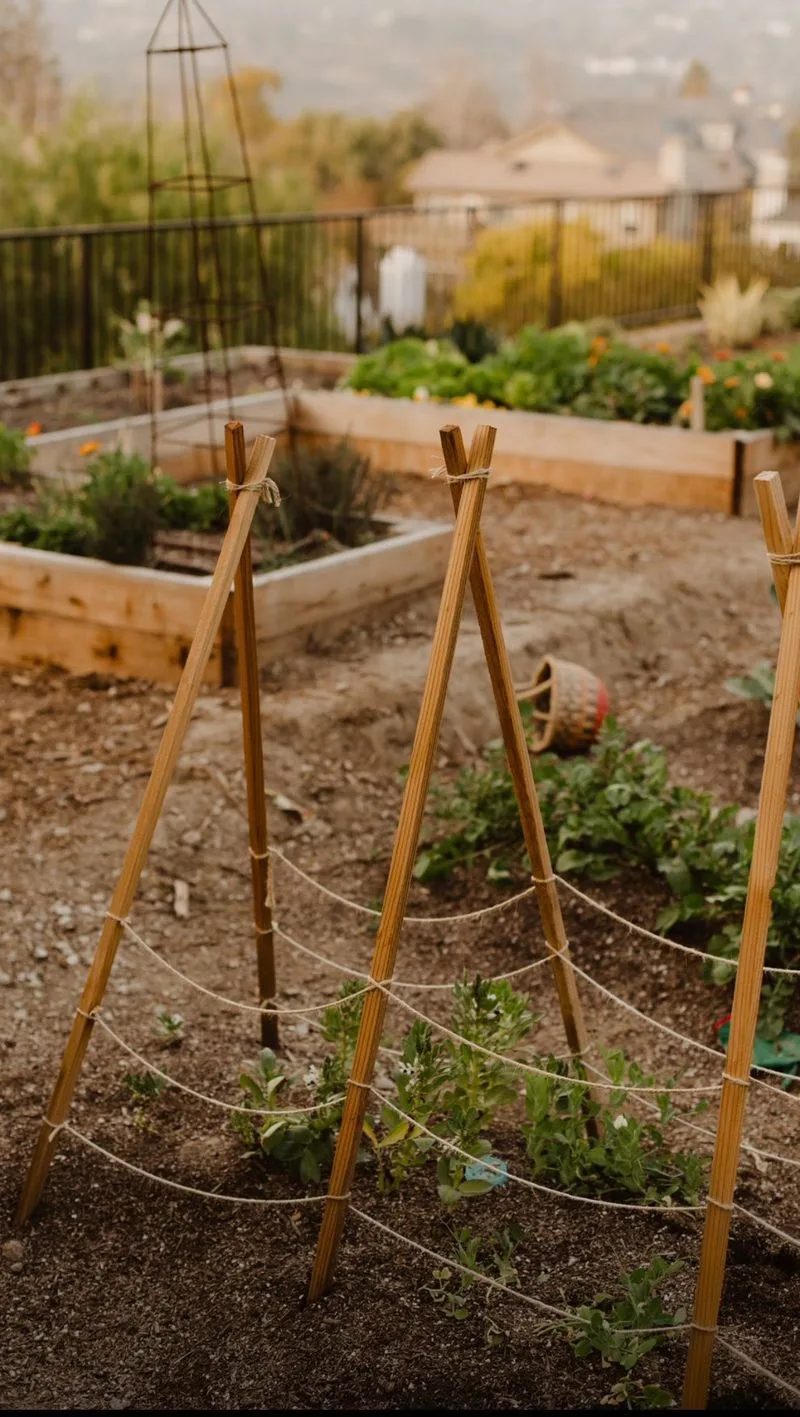
Supporting growing plants doesn’t require buying expensive gear. Old branches or bamboo can be repurposed as plant stakes. Trim and position them to guide tomatoes, beans, or peas as they climb. This zero-cost solution supports plant health and productivity. Using natural materials blends seamlessly with the garden’s aesthetic. It’s an eco-conscious choice that reduces waste while nurturing plant growth. Embrace creativity and resourcefulness in your garden. These homemade stakes demonstrate how simple, everyday items can become essential gardening tools.
Soap Solution Insect Repellent
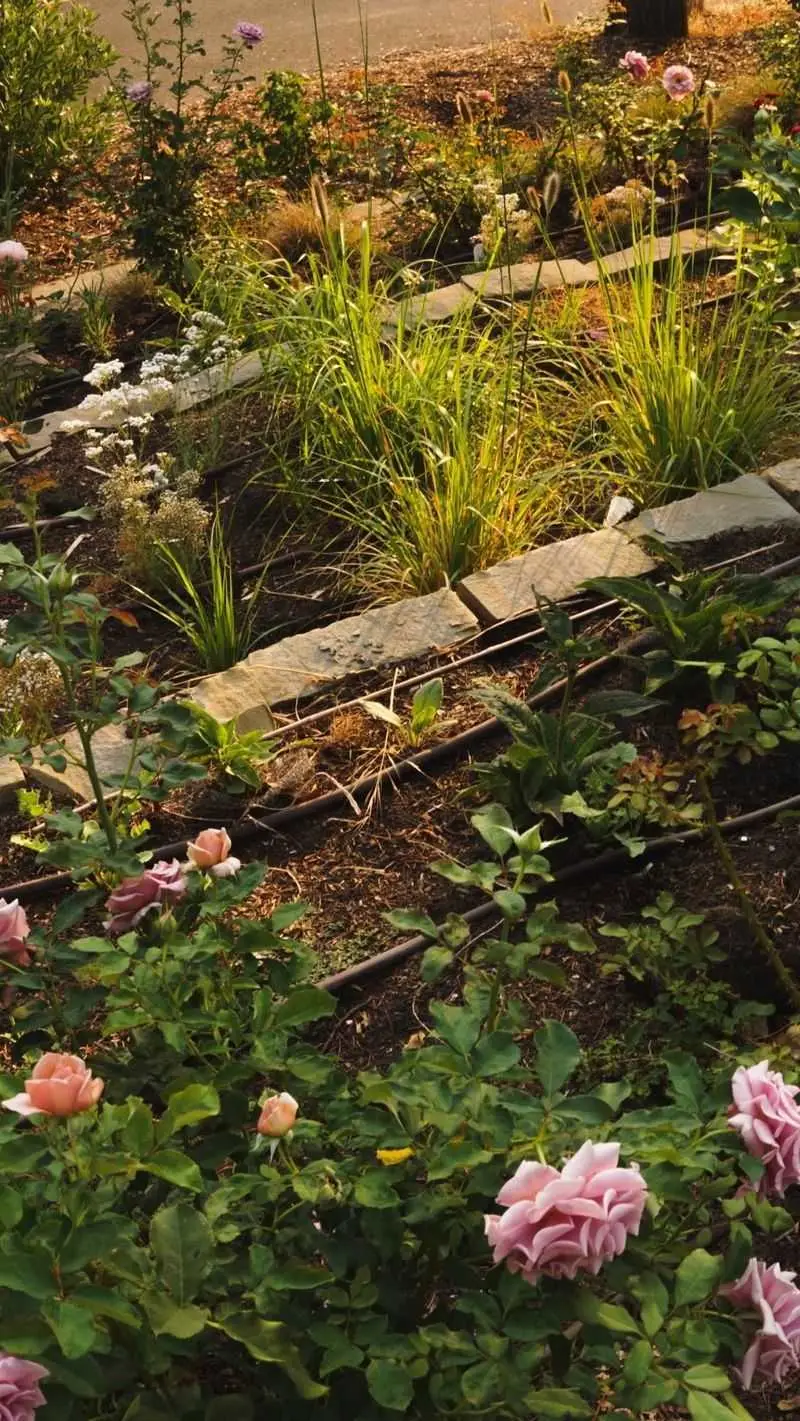
A simple soap solution can ward off pesky insects. Mix a few drops of dish soap with water in a spray bottle, and apply to affected plants. This method smothers soft-bodied pests like aphids and spider mites, offering an effective and gentle solution. It’s a quick, cost-free way to protect your plants without resorting to harmful chemicals. Regular application keeps your garden thriving, devoid of unwanted visitors. A household item turned garden ally, soap provides a straightforward fix to common pest problems.
Recycled Bottle Drip Irrigation
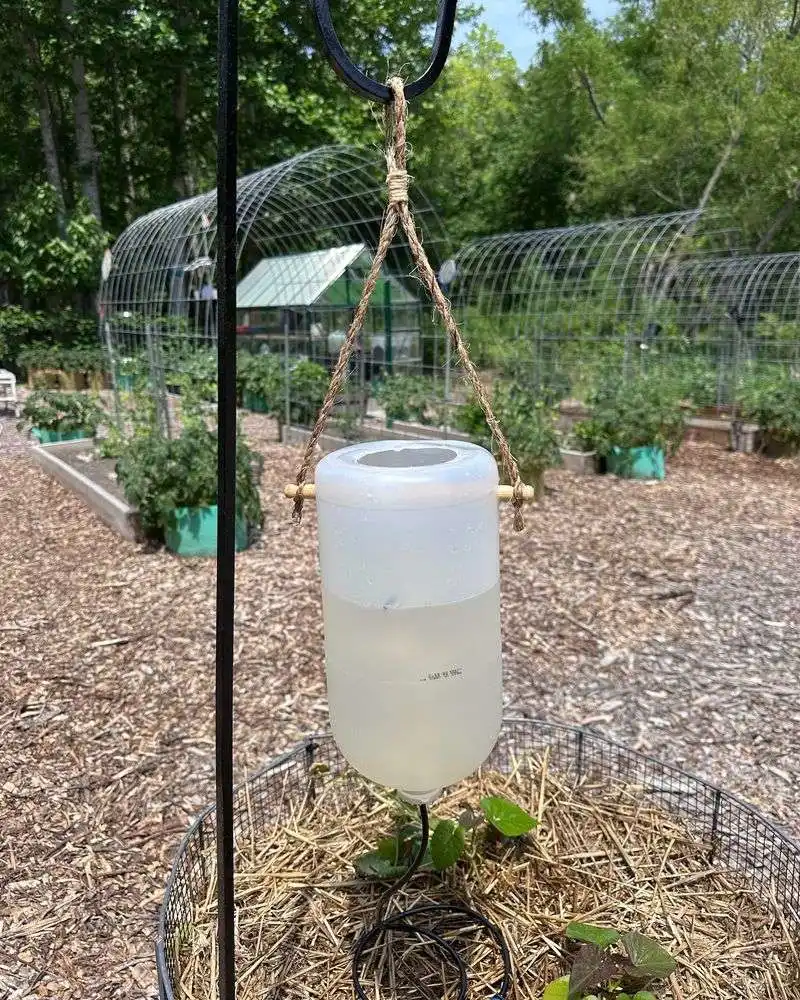
An old plastic bottle can become a lifesaver during dry spells. Create a drip irrigation system by puncturing holes in the bottle’s cap and burying it upside down near plant roots. This slow-release method ensures consistent moisture without overwatering. It’s a nifty way to repurpose bottles while conserving water. Ideal for those with busy schedules, it keeps plants hydrated with minimal effort. A brilliant, cost-free solution for maintaining garden vitality. This simple trick adds convenience and efficiency to your watering routine.

